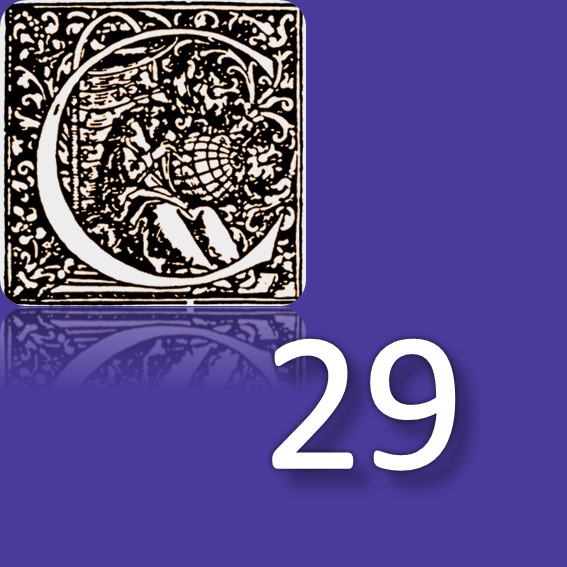Alessandro Volta correspondences: contributions to science in the late 18th and early 19th centuries
DOI:
https://doi.org/10.23925/1980-7651.2022v29;p34Keywords:
History of Science; Alessandro Volta; Experimental Physics, CorrespondenceAbstract
The search for new knowledge led the Milanese nobleman Alessandro Volta (1745-1827) to correspond with different scholars from other nationalities through his life. The present study looked at these correspondences, seeking to understand the relationships established by them as a method to develop their theories, as well as a facilitating means for requesting new instruments and documents. In an analysis of the work Epistolário di Alessandro Volta (1949-1955), that gathers about 1663 letters written between 1761 and 1827, we seek to verify how the network of connections was constituted. With the help of the historiographical study, we mapped life, education degree, political functions, publications, and the impact of Alessandro Volta's work on the construction of science at the time. In the scenario of political instability and changes in conceptions, Volta integrates with his ideas some debates in the field of physics and the “new chemistry” of the Frenchman Antoine-Laurent Lavoisier (1743-1794). In this study, we also focus on Volta's dialogues and interlocutions with other scholars during the second half of the 18th century, a period in which he developed his research and theories on aerology and electricity. Among his various correspondences, we highlight the dialogues with the Englishman Joseph Priestley (1733-1804), which made it possible to notice some changes in Volta’s scientific conceptions. Finally, we present our scholar's research for the institutionalization of Experimental Physics, instrumentalizing theory and practice, with the construction and expansion of the Physics Cabinet, located at the University of Pavia, also acquiring new apparatus from distant places, modernizing the space that solidified his experiences and studies.


.png)
